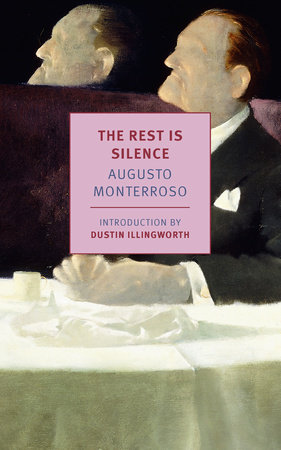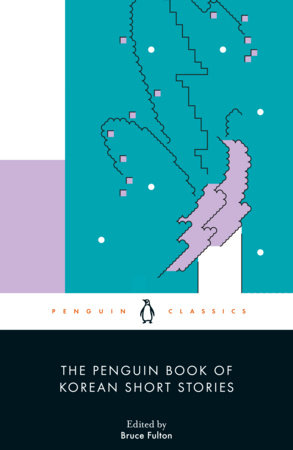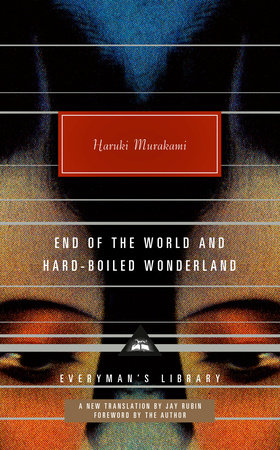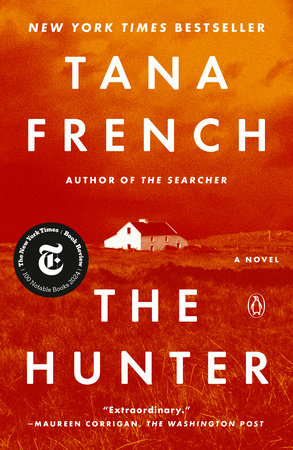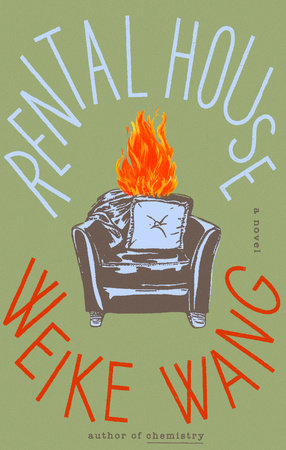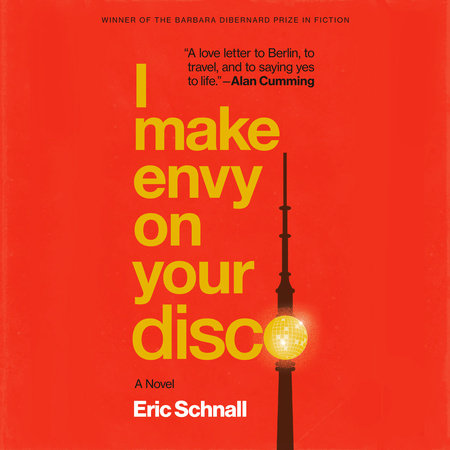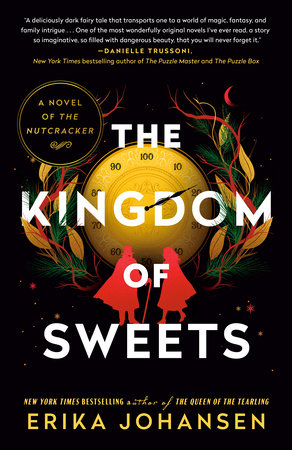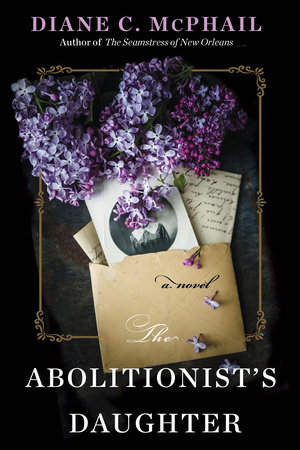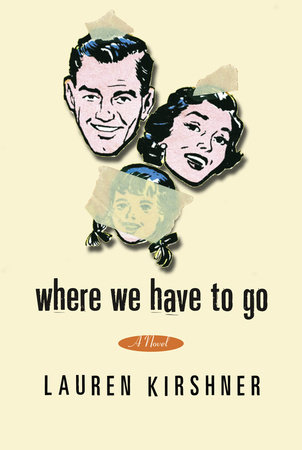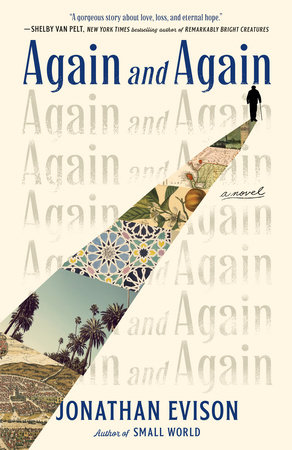Author Q&A
Lauren, at the centre of your novel is an extraordinary young woman named Lucy Bloom, who is both the book’s heroine and narrator. The book is very much the world according to Lucy Bloom. Could you tell us about Lucy, and also how she first came to you?
I started writing a short story one night a few years ago and I thought it was going to be about fifteen pages long. But words started coming out of me, I lost track of time, and I’d never felt that intensity and focus before. About a week and a half later, I read what I had written, and I realized what I was writing wasn’t a short story at all. It was this voice, this precocious, sometimes frightened, intelligent, playful, and funny voice of a girl trying to reach out and talk to me and, more than that, trying to get someone to listen to her. I thought to myself, well, this isn’t a short story anymore, but I should let her keep talking and that’s what I did. Two hundred pages later, Lucy Bloom was nineteen years old, and I’d watched her grow through eight years of her life.
Lucy Bloom is eleven years old at the beginning of the book. She’s smart and she’s vulnerable. Her parents’ marriage is falling apart and she’s an outcast at school, but she is a force to be reckoned with. She has a wild imagination and that’s what gives her great resilience in the face of some very tough times in her life. I think of her as an extraordinary kind of outcast in the sense that she’s not one with her peers, but that’s not because she’s a goody two shoes, she’s very far from that. But at the same time, she doesn’t find her niche until late in the book, until after she’s gone on this journey in life.
Lucy came to me as a voice and that turned into a journey for both of us. I can still her hear voice even now that the writing process has ended.
That is so true, because Lucy’s voice is something that has stayed with me. Her voice is the book’s driving voice, and one of the things I find most striking about it is just how funny it can be, even when Lucy is describing the more poignant or darker moments in her life. How would you describe the role that humour plays in the book?
I never decided consciously to use humour in the book because it just naturally came through as a part of Lucy’s voice. It’s her attitude. Lucy is never self-pitying. She refuses to be a victim, or to see herself through the eyes of people who would make her feel small. So for Lucy, making a joke is a way of saying, I’m not afraid of this, this won’t touch me, I will move on from this. Humour for her is also the way she continues to grow. She doesn’t get stuck imaginatively, creatively, intellectually. She keeps on moving. I’ve always admired people like that, who have the gift of being able to turn darkness into laughter. I remember once being on the subway in Toronto and the train suddenly halted in the middle of the tunnel and then the lights went out. A minute of silence passed. Then, suddenly, this man’s voice broke in and started telling jokes. It was magic — the darkness, the anxiety, dissolved. I’ve always wanted to be that kind of writer. Someone who can tell a joke in the in the middle of a dark tunnel, when the train’s stopped.
Lucy’s world is full of eccentric yet wonderfully realized characters, both young and old. Two of the most important figures in her life are her parents. Could you tell us about them?
Lucy’s mother is named Joy. She is a teacher who was born in Bulgaria and came to Canada when she was twenty-four. Like many newcomers, she had a vision of what life here would be like and it turned out not quite so.
Joy is a natural storyteller, but Lucy knows that some of her stories are more true than others. Joy uses storytelling as a way to connect with Lucy when truth is too hard. A lot of things in life are hard for Joy. She is someone who’s had quite a few disappointments in her life, but she has charm and a kind of wry, candid wisdom. Joy is also someone who loves a bargain and will drag her daughter around town to second-hand stores to find a sweater covered with dogs wearing glasses that no other 6th grader will wear but is 99 cents. She is a woman with a fierce imagination who is always looking for optimism and hope, which is both painful and inspiring for Lucy.
Frank, Lucy’s father, lives in a world of his own. He’s a loving man but he has a hard time showing it. What comes out is often gruff, which is why Lucy finds him remote. He stands slightly outside of the family in the sense that he has struggled with alcoholism and organizes some of his routines around his weekly AA meetings. In many ways he’s trapped in the past, in the 1970s and 80s when he was about 25 or 30 and ran a glamour photography business. It went bankrupt in the late 1980s when stores like Wal-mart and Zellers started doing cheaper packages and he never fully got over it. He is a man with real artistic sensibilities who ended up working at a travel agency instead. Every day he feels disappointed and surprised at how his life has turned out.
There’s also a fascinating woman who Lucy nicknames Crashing Wave. She’s a character who comes to play a very important role in Lucy’s imagination.
Crashing Wave is one of those characters that I think every little girl thinks of or meets one time or another in her life, whether she’s a woman we see on TV or in an old movie or in a magazine ad. She is one of those women that epitomizes everything that is beautiful and feminine, and she is self-confident and self-possessed in a way that Lucy so badly wants to be. What complicates Crashing Wave’s character is that she is Frank’s mistress, something Lucy finds out when she accompanies Frank to one of his AA meetings. This happens very early on in the book, and it sends Lucy into a kind of spiritual crisis. She is fascinated and totally intrigued by a woman she knows is coming between her parents. Crashing Wave continues to be the spectre that haunts this book. Her beauty and her enigmatic force layers and layers over Lucy’s understanding of what it means to be a woman in the world.
Like many young men and women, Lucy has to deal with some unexpected challenges on the path to adulthood. In Lucy’s case, among other things, there’s her parents’ separation as well as a period of time when her relationship to her own body becomes quite complicated. These experiences are portrayed honestly, without sentimentality, and rather than defining her, we see them as just part of the larger experience of growing up. Why was it important for you to reflect these contemporary teen realities in the book?
I started this book when I was twenty-two, so my teenage years were not far behind me. I still had a lot of questions about how I personally and the people around me dealt with being a teenager and that feeling of having no idea what to do with your life but also sensing that it could be something wonderful. Teenagers have this amazing sense of confidence and resilience. I trust a teenager to lose control and bring it all back together again more than I trust an adult to. But I was curious to explore this larger experience of being a teenage going though a difficult time and figuring out how to deal with the feeling of losing control.
In my book I decided to explore Lucy’s eating disorder because it’s this fundamental way that a person can split off from themselves. Lucy becomes detached from her body. She exists completely as a brain, as a mind, and she is driving herself through school, through life, but she is forgetting about the essential part of herself, which is her body. She continues to go on: she goes to school, she goes shopping, she has conversations, her life hasn’t stopped. I wanted to show that because so often when we read about anorexia and eating disorders or anything on that spectrum of “teen illnesses,” we think this person is a patient, this person needs to be in a hospital, or medicated, or whatever, and I wanted to show it’s more complicated than that. Lucy remains a person. She remains a person with agency, with choices to make, and although it’s a very precarious time for her, she continues to be herself.
There are other experiences in the novel that are difficult. I wanted to show how difficult times are handled by teenagers and how at their disposal is a lot more strength and resilience than we sometimes give them credit for.
There are a number of significant female relationships in the book. While some are fraught with difficulties, they are all depicted honestly. If we look at Lucy’s relationship with her best friend, Erin, theirs is a true friendship that is nevertheless tested. Was it important for you to depict the sometimes difficult reality of female friendships?
I decided to write a coming-of-age novel because those are the novels I read most as a teenager and loved. The one thing I noticed about many of them is that the crucial relationships seemed to be boy-and-girl relationships, and when I say crucial I mean the ones that give the narrator the most heartache. In my own experience, boy-and-girl relationships are tough, but I’ve always found girl-and-girl friendships much more challenging. I personally have come to my friendships with women with probably more of a sense of expectation and hope that there will be so much ahead of us because we are essentially the same in this way.
I think Lucy is very similar in that sense, especially because she has come from this long period of time when she hasn’t had a close best friend, so when she does meet Erin, she thinks, this will be my best friend for the rest of my life, and that’s sort of a tough and heavy load to place on someone you’ve just met. I wanted to show that friendships between women are a really beautiful experience, but they’re not just about eating popcorn and talking about boys and going to the movies, they’re also constricted and open to the same kind of complexities that romantic relationships are open to. And while Lucy’s friendship with Erin is not a romantic relationship by any stretch of the imagination, it still entails some of the very close, intimate feelings that a romantic relationship does.
How did you come up with the title for your novel?
The title comes from a poem by Theodore Roethke that I love and that I wrote down in my notebook long before I started my book. His original line is, “I learn by going where I have to go,” which I adapted to “where we have to go.” Though it’s told from Lucy’s point of view, the book is about a family’s experience, not just Lucy’s.
For me, the title Where We Have to Go has two meanings. It suggests that the places we go in life and the people we meet all have meaning and reason behind them, maybe beyond our comprehension: it’s all meant something, it’s all come to this point. The title also suggests the journey to come: what’s next, what’s coming in the future. I am a bit of a dreamer. I’m attracted to the uncertainty of what could be next. In this way, the title resonates for me.
The act of storytelling figures prominently in the novel. Why is storytelling so important to Lucy, and how has her own approach been influenced by the stories her mother tells?
I mentioned before that Joy uses humour as a way to connect with her daughter, and I think Lucy in the same way uses storytelling to connect with her mother. There’s a lot of talking that goes on in the novel, however, there’s not a lot of communication. Lucy and her mother are always trying to connect to each other, and they do sometimes, but it’s often through circular ways that they do make a connection, and one of those ways is through storytelling. Lucy is able to reveal herself through stories much more easily than she’s able to reveal herself through plain statements. Because Lucy is such an imaginative person, it’s almost easier for her to add some layers of, they’re not lies and they’re not quite white lies but extra colours and details on the truth, and for her they make her life a little bit easier to deal with. It is a kind of escapism in one sense, but on the other hand her stories actually bring her closer to the things that mean something to her. So as Lucy takes this journey through the eight years that we know her in this book, she uses stories to help her get to the truth of the things that matter most to her.
There is sometimes an assumption that first novels are necessarily autobiographical. How would you characterize the presence of autobiographical details, if any, in the book?
My book isn’t autobiographical. The world that Lucy grows up in is in basic ways familiar to me: I was a kid in the 1990s, in Toronto. I’m Jewish, my mother’s an immigrant, and I definitely have spent a lot of time in secondhand stores. But the plot of the book, the characters, their motivations, the particular situations the Blooms find themselves in, these are my inventions. Once I started telling Lucy’s story, I just kept going.
I love thinking that my favourite books are true stories. The first time I read The Catcher in the Rye, I was convinced J.D. Salinger was some runaway kid kicking up shit in New York, and when I found out he was a bona fide adult, the book kind of came down to earth again. If some readers thought my book was autobiographical, I’d be really flattered because it would mean Lucy’s story was working.
You recently graduated from the University of Toronto’s Masters program in English in the field of Creative Writing, where you were mentored by Margaret Atwood. What did the experience of working with Atwood teach you about being a writer?
I found out that I was going to be mentored by Margaret Atwood about three months before I met her. I got the call from my advisor, and I fretted around for about two months, just imagining the first meeting with her and how nervous I would be. And I was. I dressed up in a lacy blouse and ironed my skirt and shined up my shoes and stood outside the café where we were supposed to meet. She came and said, “Are you the girl I’m supposed to work with?” and I said, “Yeah, that’s me.” Then we went in and I was just so taken by how open and funny and generous Margaret was.
I feel very lucky to have been mentored by her not just because she’s Margaret Atwood, but because of the lessons and the very small, really exacting kinds of lessons she taught me about writing and things that may seem obvious to editors or people who have been writing for many years. Things like if you want to get a point across make sure you repeat it or parts of that point three times. Three is the magic number. Another thing she told me is if you want to understand a character, you better make sure you know what they have in their bedside dresser drawer, because if you don’t know what’s in that drawer, you’re kind of lost. So just this notion of understanding a character. And also not being afraid to state something. It’s great to show things but you can also state things. There’s a kind of confidence that she brings to her own writing and a humour that she brings to her own writing and, talking to her, that became a bit contagious. I would always walk away from our meetings feeling very excited to write. Her energy was inspiring.



